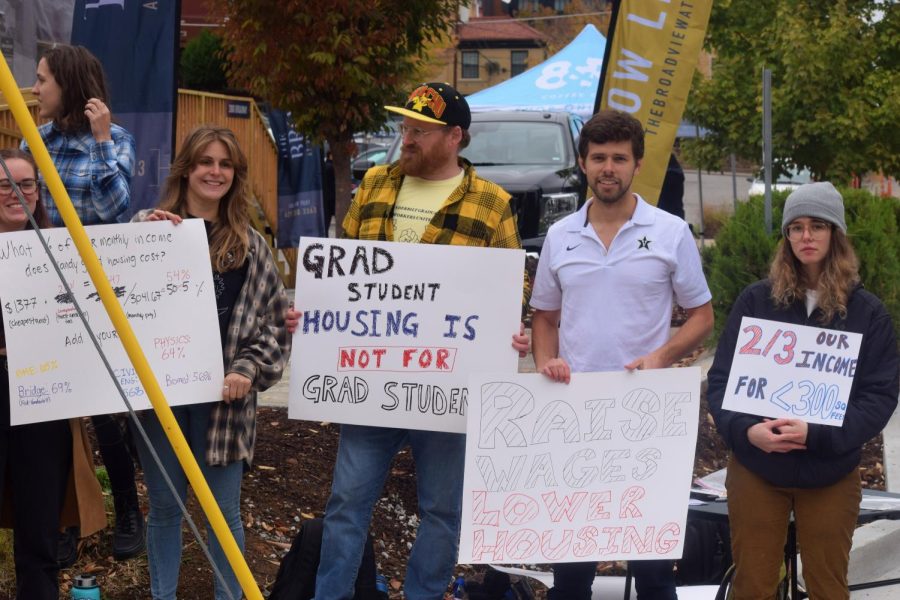In collaboration with DivestVU, the Graduate Student Council (GSC) passed a resolution in support of fossil fuel divestment on Nov. 13.
The resolution was sponsored by graduate students and council members Miguel Moravec, Brad Davidson and Natalie Pak.
GSC President Joshua Passantino said that it passed by a “wide margin.”
“We really believe it was a no brainer, and we didn’t receive any opposition or feedback from the council. So, it passed with flying colors,” Moravec said.
It was based upon the similar resolution passed by undergraduate students and called for three changes in Vanderbilt’s fossil fuel investment. The resolution requested that the Office of Investments freeze all new investments in fossil fuels, divest from all existing fossil fuel investments and use the money instead to invest in renewable energy sources.
Davidson added that the resolution also declared GSC support for “the missions of DivestVU and the Fossil Free SEC Initiative,” a group of other universities working towards divestment.
Moravec said that he is hopeful that this resolution will add momentum to the DivestVU movement after a failure to pass a similar resolution in 2013. He added that DivestVU’s next step is to secure support from the faculty senate.
“We hope by showing support from all the stakeholders at Vanderbilt we’ll get a more immediate response from the administration,” Moravec said.
Moravec also stated that the divestment could economically benefit Vanderbilt. He added that Brown University, a school that has divested from fossil fuels, had an endowment return of 12.1percent in the 2020 fiscal year while Vanderbilt demonstrated a return of -0.1 percent.
Though the Vanderbilt administration has not yet committed to divest from fossil fuels, the school recently entered into a Green Invest partnership and received an award for green building from the U.S. Green Building Council. Moravec said that though FutureVU has made advancements in campus sustainability, more work is needed from the university.
“If you’re still putting millions of dollars into fossil fuel investment, those commitments seem hollow because you’re still supporting the problem you’re supposed to be fixing,” Moravec added.









